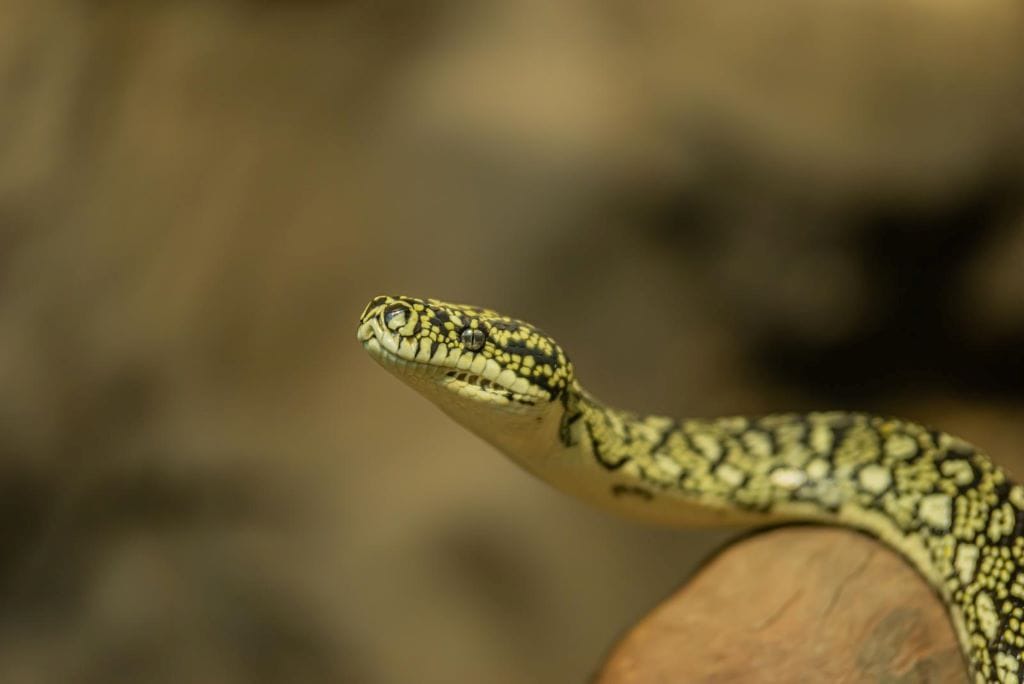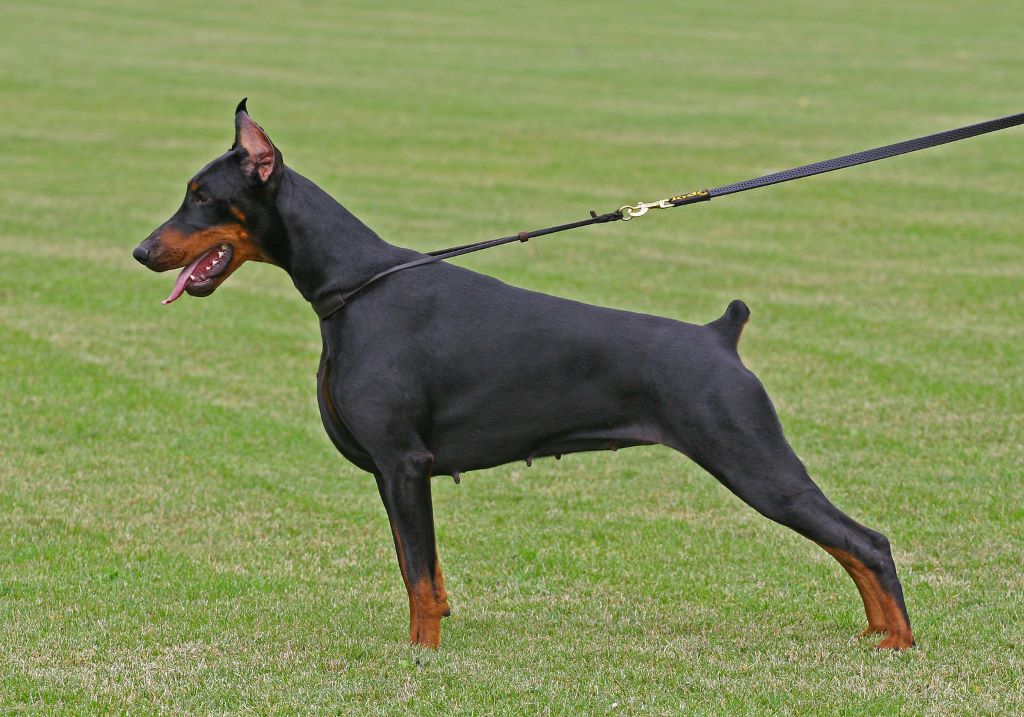Wire-haired dogs are a popular choice for pet owners, but for those with allergies, finding a hypoallergenic breed is a top priority. Many people believe that wire-haired dogs are hypoallergenic due to their unique coat, but is this really the case?
The truth is that no dog breed is 100% hypoallergenic, as allergies can be triggered by a variety of factors such as skin dander and saliva. However, some dog breeds are less allergenic than others, and wire-haired dogs are among them. Their wiry coat sheds minimally, which can make them a better option for those with allergies compared to other breeds that shed more frequently.
What are Hypoallergenic Dogs?

Hypoallergenic dogs are dog breeds that produce fewer allergens, which are substances that cause allergic reactions. These breeds are often recommended for people who are allergic to dogs or have asthma, as they may cause less severe allergic reactions.
It is important to note that no dog breed is completely hypoallergenic. However, some breeds are considered to be more hypoallergenic than others due to their coat type, shedding patterns, and other factors.
People with dog allergies are typically allergic to the protein found in a dog’s skin cells, urine, and saliva. When a dog sheds its fur or licks its fur, it can spread these allergens throughout the environment, which can trigger an allergic reaction in sensitive individuals.
While there is no cure for dog allergies, there are several ways to manage the symptoms. One of the most effective ways is to choose a hypoallergenic dog breed that produces fewer allergens. This can help reduce the severity of allergic reactions and make it easier for people with allergies to live with dogs.
Wire-haired Dogs and Allergies
Wire-haired dogs are a popular choice for people with allergies, as they are often considered to be hypoallergenic. In this section, we will explore what makes wire-haired dogs hypoallergenic, whether all wire-haired dogs are hypoallergenic, and what the best wire-haired dog breeds are for allergy sufferers.
What Makes Wire-haired Dogs Hypoallergenic?
Wire-haired dogs have a unique coat that is made up of stiff, wiry hairs that grow close together. This coat type is less likely to shed, which means that there is less dander and hair in the environment that can trigger allergies. Additionally, wire-haired dogs tend to produce less saliva than other breeds, which can also help to reduce allergic reactions.
Are All Wire-haired Dogs Hypoallergenic?
While wire-haired dogs are often considered to be hypoallergenic, it is important to note that no dog breed is completely hypoallergenic. Some people may still experience allergic reactions to wire-haired dogs, depending on the severity of their allergies and the individual dog’s coat and saliva production. Before bringing a dog home, it’s crucial to spend some time with them to assess if you may have any allergic reactions. It’s always better to be cautious than to regret later.
What are the Best Wire-haired Dog Breeds for Allergy Sufferers?
There are several wire-haired dog breeds that are often recommended for people with allergies. These breeds include:
- Wirehaired Fox Terrier
- Wirehaired Pointing Griffon
- Wirehaired Dachshund
- Irish Wolfhound
- Airedale Terrier
It is important to note that while these breeds may be less likely to trigger allergies, they are not completely hypoallergenic.

Unlock Better Skin & Joint Health For Your Dachshund
Tips for Living with Wire-haired Dogs
Grooming Tips
Wire-haired dogs have a unique coat that requires regular grooming to keep them healthy and looking their best. Here are some grooming tips for living with wire-haired dogs:
- Brush your dog’s coat regularly with a pin brush to remove any dead hair and dirt.
- Use a slicker brush to remove any tangles or mats in the coat.
- Bathe your dog as needed, but not too often, as it can strip the natural oils from their coat.
- Consider stripping your dog’s coat a few times a year to maintain its texture and remove any dead hair.
Reducing Allergens in the Home
While wire-haired dogs are not hypoallergenic, there are steps you can take to reduce allergens in your home:
- Vacuum your home regularly to remove any pet hair and dander.
- Wash your dog’s bedding and toys frequently to remove any allergens.
- Consider using an air purifier with a HEPA filter to remove allergens from the air.
- Keep your home well-ventilated to reduce the concentration of allergens.
Other Tips for Allergy Sufferers
If you or someone in your home suffers from allergies, there are additional steps you can take to live comfortably with a wire-haired dog:
- Consider allergy shots or medication to reduce symptoms.
- Limit your exposure to your dog’s saliva and urine, as they can also trigger allergies.
- Wash your hands and face after playing with your dog to remove any allergens.
- Consider adopting a wire-haired dog that sheds less, as they may produce fewer allergens.
Conclusion
Wire-haired dogs are often considered hypoallergenic due to their non-shedding coats, which produce less dander and allergens. However, it is important to note that no dog breed is 100% hypoallergenic.
While Wirehaired Terriers are a hypoallergenic dog breed that doesn’t shed or drool often, it is still possible for them to carry allergens on their coat from outside sources such as pollen or dust. Regular grooming and bathing can help reduce the amount of allergens on the dog’s coat.
It is also important to note that each individual’s allergies may vary, and what works for one person may not work for another. It is recommended that those with allergies spend time with the specific breed of dog they are considering to see how their allergies react before making a decision.
Overall, Wire-haired dogs can be a great option for those with allergies, but it is important to do research and take necessary precautions to ensure a comfortable living environment for both the dog and the owner.









